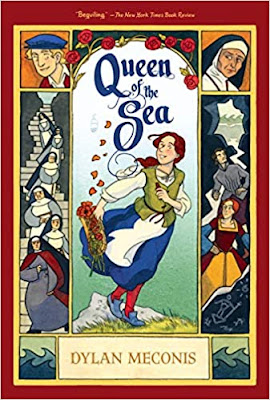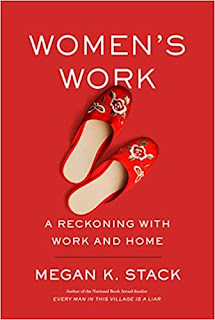CCSpin #24: Resurrection

Resurrection, by Lev Tolstoy Wow, what a novel this is. It was published in 1899, Tolstoy's last great work, and also his first novel in over 20 years. He had come to believe that art had to have a purpose and that he should no longer write novels, but when the Dukhobor sect needed money to emigrate to Canada, he wrote this as a fundraiser, and to express the views he had come to hold. Prince Nekhlyudov is your average dissipated rich nobleman; having gone to school and served in the military, and now living in society, he has been well trained in manners, dress, extravagance, overindulgence in drink, and affairs with women. He probably ought to settle down and is looking for a society wife. Called to serve on a jury, he is astounded to recognize one of the defendants in a murder case; it's Katusha, the servant girl he once loved, and then seduced and abandoned. Realizing that her entire sad life is his fault, he decides that he needs to atone -- and so he appeals her ca














